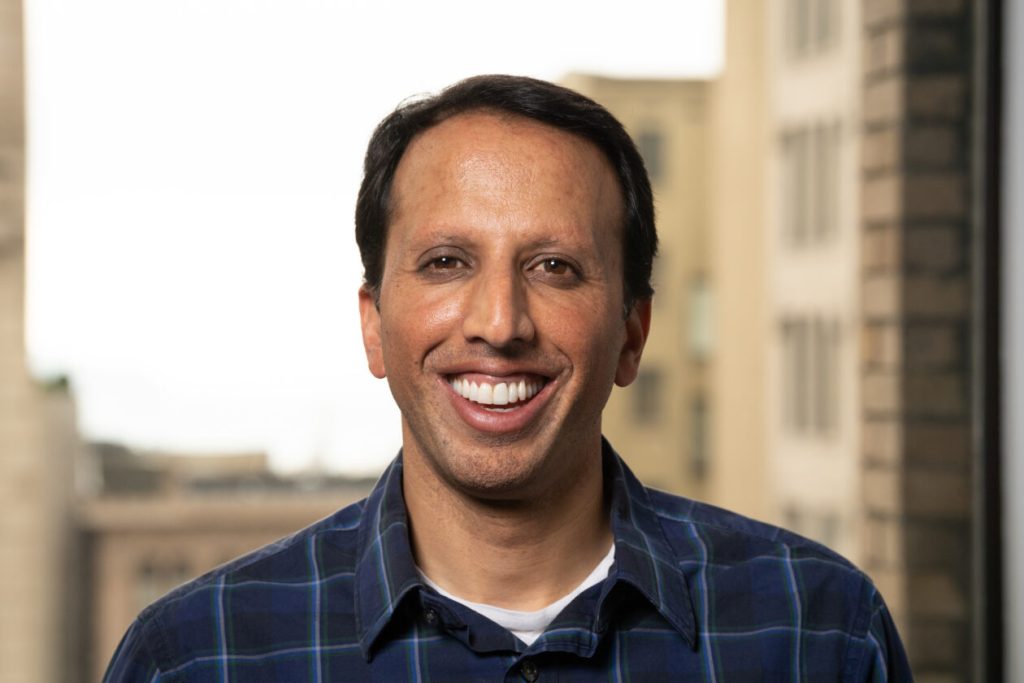GeekWire has launched a new advice column tailored to the Pacific Northwest tech community, addressing common questions from tech workers and entrepreneurs. This inaugural column features Nikesh Parekh, a seasoned tech executive and entrepreneur with experience at Microsoft and as a co-founder of the acquired startup Suplari. He tackles the question of career progression for a Vice President of Engineering at a slow-growing SaaS company.
Parekh’s advice begins with a crucial financial assessment: understanding the value of the employee’s current company stock and its potential for future growth through an IPO or acquisition. Valuing private companies is complex, with high-growth SaaS companies often valued at over 10 times their revenue while slower-growing companies might be valued at only 2 to 4 times their revenue. He recommends referencing resources like the Bessemer Cloud Index and having frank discussions with company leadership about stock valuation. This step is essential to make an informed decision about the opportunity cost of leaving for a new role.
The next step, according to Parekh, is defining career priorities. Is the focus on skill development, title advancement, or compensation? Each priority may lead to a different path. For those aiming for a CTO role, Parekh suggests staying put and expanding responsibilities within the current company. Taking on challenges in areas like security, risk management, product planning, budgeting, or IT can broaden skills and position the individual for internal promotion or make them a more attractive CTO candidate elsewhere.
Alternatively, the current generative AI boom presents a unique opportunity. Parekh likens this technological shift to the emergence of the web in the late 90s. Generative AI requires new skillsets and processes, distinct from traditional SaaS development. Gaining experience in this area could open doors to highly sought-after roles in Big Tech, dedicated AI companies, and SaaS companies adapting to an AI-first approach. While the ultimate success of individual AI startups is uncertain, early employees at companies like Facebook, Uber, and OpenAI have historically seen significant financial gains from equity, often exceeding the compensation of senior executives at slower-growing companies.
Parekh acknowledges the current contraction in the tech industry, particularly in Big Tech, citing LinkedIn data showing a 25-30% decrease in tech jobs in 2024. This necessitates a strategic approach to job seeking. He advises being opportunistic and prepared for the right role while actively building networks, honing management skills, and acquiring generative AI expertise. This proactive approach will enhance competitiveness when suitable opportunities arise.
In essence, Parekh’s advice centers on a balanced approach. It emphasizes understanding the financial implications of staying versus leaving, aligning career choices with personal priorities, and recognizing the transformative potential of generative AI. The current tech landscape demands adaptability and a focus on acquiring in-demand skills. By strategically navigating these factors, tech professionals can position themselves for success in a dynamic and evolving market.
Finally, Parekh’s advice underscores the importance of a proactive and informed approach to career management in the tech industry. It highlights the need to constantly evaluate one’s current position, assess market trends, and acquire relevant skills to remain competitive. The emphasis on generative AI reflects the current technological landscape and its potential to reshape the future of software development and other tech-related fields. This advice column serves as a valuable resource for professionals navigating the complexities of the tech industry, providing insights and guidance to make informed career decisions.


